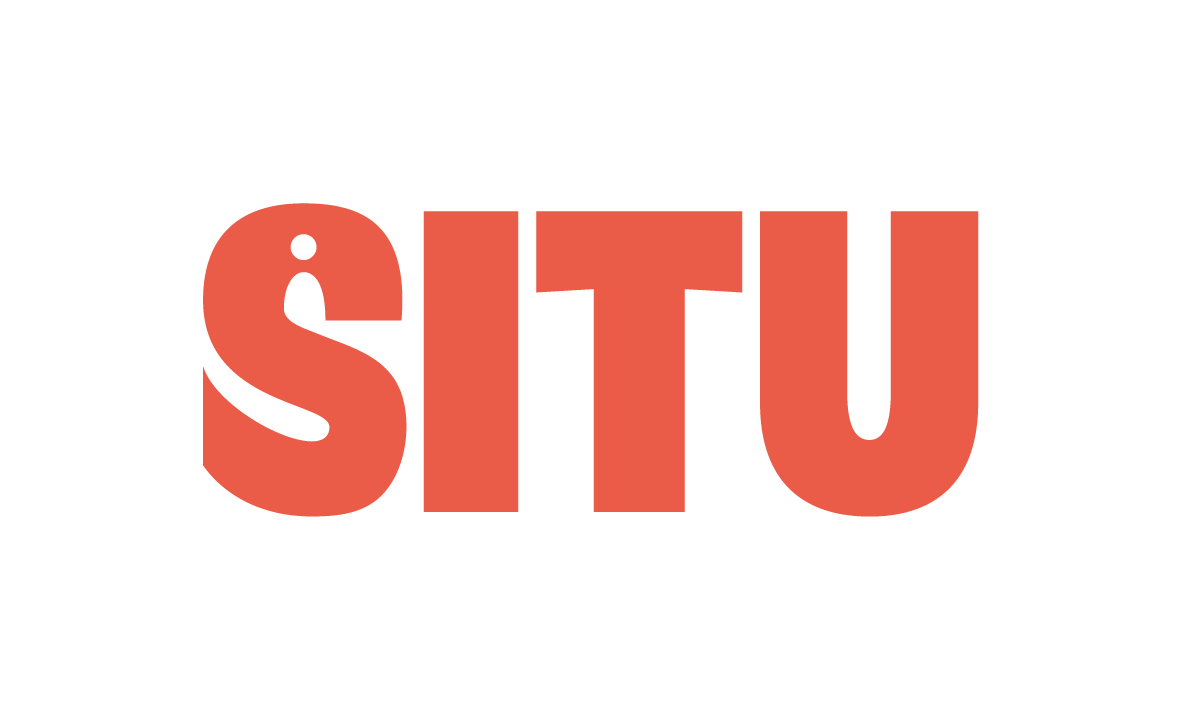 Last December our team travelled to London to attend ASAP’s yearly convention and gala dinner. The 2018 event focused a lot on diversity and inclusion and we heard some great speakers communicating the issues our industry and our society faces when it comes to more vulnerable groups.
Last December our team travelled to London to attend ASAP’s yearly convention and gala dinner. The 2018 event focused a lot on diversity and inclusion and we heard some great speakers communicating the issues our industry and our society faces when it comes to more vulnerable groups.
Stephen Frost, Global Inclusion and Leadership Expert presented a very engaging workshop on inclusion and diversity in general, while Tea Colaianni, chair for Women in Hospitality 2020 talked about gender issues the sector is facing and updated us on the progress made by WiH2020, an organisation aiming to increase women’s representation on board and higher executive level to 33% by 2020.
SITU is dedicated to promoting inclusion and diversity, so we decided to talk to Tea in more detail and review the main issues the sector is facing. And there is so much to discuss on the matter! Every piece of information given during the session at the convention was meaningful and important to underline – statistics, the attitude of the employer and expectations of employees, all play an important role in reaching the 33% target by 2020.

WiH2020 is devoted to increasing women’s representation and diversity as a whole in leadership positions across Hospitality, Travel and Leisure. It aims to amplify the impact of individual diversity initiatives through thorough collaboration and bring a bigger, louder voice into the HTL industry.
 Tea Colaianni founded the WiH2020 – Diversity in Hospitality Travel & Leisure campaign in 2017. She is a keen advocate of gender diversity having been involved in a number of initiatives led by Women1st, The Prince’s Trust, the Aspire Foundation and IWF. In 2018 she rallied support to conduct the first-ever research into female leadership across the HTL sector. She has since created the most influential collaboration platform of leaders across the HTL sector with the objective of increasing gender representation and diversity as a whole at leadership level across hospitality, travel and leisure. Tea is a non-Executive Director on a number of Boards and has held senior HR Executive roles at Merlin Entertainments and Hilton Hotels.
Tea Colaianni founded the WiH2020 – Diversity in Hospitality Travel & Leisure campaign in 2017. She is a keen advocate of gender diversity having been involved in a number of initiatives led by Women1st, The Prince’s Trust, the Aspire Foundation and IWF. In 2018 she rallied support to conduct the first-ever research into female leadership across the HTL sector. She has since created the most influential collaboration platform of leaders across the HTL sector with the objective of increasing gender representation and diversity as a whole at leadership level across hospitality, travel and leisure. Tea is a non-Executive Director on a number of Boards and has held senior HR Executive roles at Merlin Entertainments and Hilton Hotels.
Returning to the job you love
One of the important points, Tea mentioned during her speech in December was about difficulties professional women face when returning to work into the sector after having to take a career break during their maternity leave. Her studies confirmed that the HTL industry has no shortage of bright and eager women entering the sector and progressing to middle management, but then they are forced to drop the sector, as we all know it is hard to find the work-life balance when taking on another full-time job as a parent.
As a career woman, who came back to work less than a year ago after having a baby girl, I feel these issues on a very personal level. I understand that I might be luckier in the choice of employer and that generally, individuals coming back from a career break might face bigger issues. Nevertheless, it’s up to me to fight to find a work-life balance and do more to create a world where my daughter faces fewer barriers, despite the industry she chooses to go into.
With all the above being said, I had a chat with Tea, to discuss the matter in-depth and try to find answers on the challenges women in hospitality face.
Would you say, women expected to sacrifice their career and ambition more after taking a career break?
I believe that anybody (men and women) taking a career break finds it extremely difficult to return to work and pick up their career, in particular when they require flexibility around working hours and need to find a way to balance work and childcare commitments. Most organisations need to tackle unconscious bias and outdated cultural mindset that unfortunately seem to prevail when their employees put forward a request for flexible working after a career break. More progressive organisations are supporting their employees by providing emergency childcare or elderly care, training for line managers before, during and after their employees take parental leave and accept that at some point in time the majority of their employees will require some degree of flexibility. These organisations are also actively recruiting and supporting women (and men) who wish to return to work after a career break.
Is the statistic different in the hospitality sector?
The picture is very similar across hospitality, travel and leisure. As an industry, we are able to attract many talented and passionate women who sadly struggle to return to the sector after a career break. We are trying to change that.
What can be done to facilitate the return to a career for women after the break?
WiH2020 has developed the first-ever cross-industry Returners programme, ‘Comeback to HTL’, which we will launch in the first half of 2019. Over 15 companies have joined forces to create a template returner programme for hospitality, travel and leisure and attract a pool of talented managers back into the industry. The programme will focus on 1) attracting Returners back into the industry, 2) providing support in the form of confidence building, digital skills, senior mentoring, a buddy system, peer support, virtual training amongst other features, 3) delivering online manager training and cultural barriers removal. We are very excited about the launch of this initiative that will see so many employers across the sector collaborate and share learnings with the rest of the industry.
What steps can be taken towards resolving this issue?
I encourage organisations big and small to join the WiH2020 campaign as I am a firm believer that even small steps in the right direction taken by many companies can have a ripple effect.
You said the level most affected was the middle management, but if they do return and continue to pursue their career ambitions, they still face a number of invisible barriers and rarely make it to the top management. What are the main reasons employers give and what will be the best practice to eliminate this issue?
We hope we will be able to identify best practices once the ‘Comeback to HTL’ programme has been running for a while. We are reviewing learnings from other sectors and have engaged in a wide piece of research to ensure we identify possible barriers and challenges. We will share what has worked and learn from what hasn’t worked as expected for the good of the HTL industry. Our research shows that culture, attitudes and mindset need to change to facilitate career progression for diverse talent.
What are other barriers women are more likely to face when focusing on their careers?
I think the way we have been brought up, the opportunities we have had at school and university to shine and make our voice heard, the role models we have had at home as well as at work, the comments people around us made when we had children or had to look after elderly relatives, the choices we have made and the support or lack of we have received along the way all contribute to our perception of what we can and cannot achieve and how far we can go. I believe in women’s ability to go as far and high up the organisation as they want to. I also believe we need more opinion formers and role models to support other women when they are trying to return to work, whether they are going for a promotion or simply looking for guidance. WiH2020 is trying to encourage more and more companies to commit to the Diversity in HTL Charter; join the collaboration platform we have created; make a difference as an individual or an organisation and achieve tangible progress as well as offering support from mentors; identifying role models and broadening horizons through our masterclasses. Focusing on the diversity of talent makes business sense and it is the right thing to do.


Comments are closed.